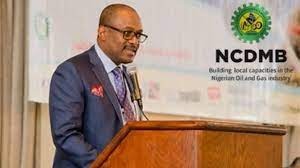Energy
Minister Visits Waltersmith Refinery, Threatens Action Against Unproductive Marginal Field Licences
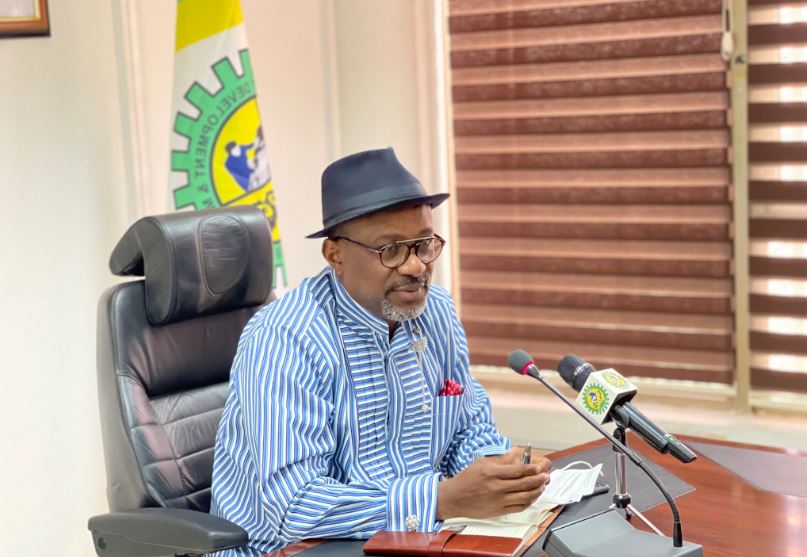
The Federal Government of Nigeria (FGN) has reiterated that licences for marginal fields risk revocation if beneficiaries fail to keep to the terms of the agreement on the development and operation of such assets.
The Nigerian Content Development and Monitoring Board (NCDMB), took to its verified handle on X to disclose this in a statement posted on Thursday.
According to the statement, the Minister of State for Petroleum (Oil), Senator Heineken Lokpobiri, laid emphasis on this on Tuesday during a facility tour of Waltersmith Petroman Oil Limited, Ibigwe, Ohaji-Egbema Local Government Area, Imo State.
According to the Minister, the FGN was determined to act decisively “to improve domestic refining capacity”.
He added that the feedstock from the marginal fields was required to augment existing sources of crude oil supply to functional processing plants.
He said, “The quickest way to fix our energy challenge in the country should be through modular refineries, while we await the total rehabilitation of the big refineries.”
The 5,000-barrel per-stream-day Waltersmith Petroman, which has been a stable source of diesel, kerosene, naphta, and high fuel oil to the domestic market since its commissioning in 2020, was for the Minister proof of how beneficial such smaller processing plants could be.
“People who have similar licences for modular refineries should take a cue from Waltersmith,” he declared, adding, “Other people who have marginal fields should also take a cue from Waltersmith.”
To drive his point home, Senator Lokpobiri said, “If you have a marginal field, an allocation, it is a paper given to you, it doesn’t add value to you or to Nigeria, unless you take it to the next level by making the requisite investment and then adding the value that is expected.
“What I am seeing is that out of the numerous marginal fields that were allocated, only Waltersmith and a few of them have been successfully driven.”
He pointed out that he had sounded a warning at the recent Nigeria Economic Summit Group (NESG) event in Abuja that marginal field allocations without the requisite investments stand the risk of being canceled.
On the imperative of such a line of action, he said, “It is important that we make this point so that we can retrieve some of those fields to the basket,” so as to reallocate such assets to those able and prepared to develop and exploit them to the benefit of the industry and Nigeria.
He revealed that he had obtained presidential approval to conduct a fresh round of bidding, which would take place soon, promising that “marginal fields would [henceforth] be prioritised in terms of their location to those who have modular refineries, so that they will be able to produce.”
Commending the remarkable success story of Waltersmith, whose management has announced plans for further expansion, he said, “I can assure you that this Government will do whatever we can to support you so that you can continue to grow.”
He had similar words of praise for the NCDMB, whose direct involvement through equity participation, greatly facilitated the take-off and operations of the Refinery.
On his part, the Executive Secretary, NCDMB, Engr. Simbi Kesiye Wabote, said the decision of the Board to participate as an equity holder in Waltersmith was informed by its sense of mission and the impressive organisational arrangement within the company.
According to him, NCDMB had no hesitation to partner with Waltersmith, “given the very clear corporate governance that is required and exists within the company,” adding that “part of our mandate is to enhance development and we see ourselves as catalysts for the industrialisation of Nigeria.
“At NCDMB, we are proud of what we have achieved at Waltersmith.”
Energy
Sahara Group Urges More Refining, Storage To Boost Africa’s Downstream
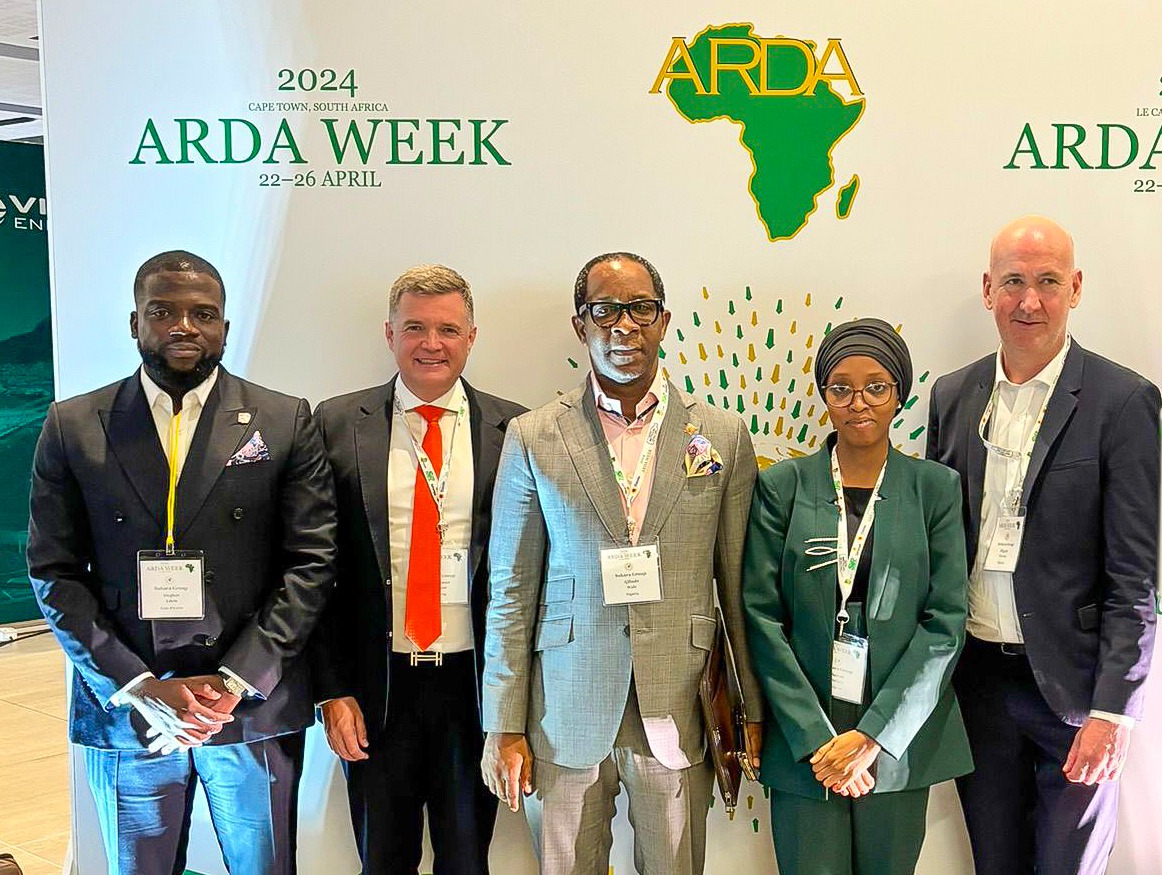
Inadequate refining capacity, insufficient storage, and impeded product movement across Africa are the three major impediments slowing the growth of the continent’s downstream oil sector, Wale Ajibade, Executive Director, Sahara Group has said.
Ajibade expressed his views in a paper “Africa Downstream Market Developments and Forecast” presented at the recently concluded Africa Refiners and Distributors Association (ARDA) Week 2024 in Cape Town, South Africa.
He maintained that addressing these gaps would transform Africa’s downstream petroleum industry.
Biztellers reports that the ARDA Week 2024 is Africa’s foremost gathering of stakeholders in the downstream oil industry.
Ajibade noted that shoring up the continent’s refining capacity was critical to sustaining efficiency, availability and accessibility in the sector.
He explained that as Africa explored ways of achieving hitch-free energy transition, efforts must be made to ensure optimisation of the sector’s value responsibly and collaboratively.
In his words, “Many African countries lack sufficient refining capacity to meet domestic demand, leading to heavy reliance on imports. This lack of self-sufficiency leaves these markets vulnerable to supply disruptions.
“Addressing this would require fresh investments and collaboration across the sector’s value chain.”
On insufficient storage infrastructure, Ajibade pointed out that this has continued to hamper the ability to maintain strategic reserves and ensure reliable supply during times of high demand or supply chain disruptions.
“In East Africa, shippers at Beira, Dar es Salaam and Mombasa — the key entry ports for refined products — are experiencing significant demurrage. Ageing and poorly maintained pipeline networks result in significant product losses and distribution bottlenecks,” he stated.
According to him, a collaborative solution which involves regulators, operators, investors, financial institutions, and government owned oil companies is required to help the African downstream sector to reach its full potential and provide reliable and affordable energy access to the continent’s growing population.
“Africa’s downstream Market leaders will need to work closely with her the various governments and agencies to carefully navigate the complex challenges through regulation and technology adoption while pushing for sustainable growth across Africa,” he added.
He also stated that the continent increasingly relied on imports of refined products to support consumption growth, primarily due to the underutilisation of existing refineries caused by technical issues.
He called for, “Investments in refinery upgrades, pipeline modernisation, and the construction of new storage facilities will be crucial to overcoming these challenges and unlocking the region’s energy security and economic development.”
Highlighting some positive trends in the sector, Ajibade said the African downstream market is experiencing rapid growth and transformation, driven by soaring energy demand, population growth, and the focus on industrialisation, urbanisation, and economic He explained that these would drive the demand for refined petroleum products, petrochemicals, and related downstream services is forecasted to grow by up to 30% by 2040.
“Africa is experiencing a lot of migration from rural to urban areas. In 2015, Africa had only six cities with more than five residents compared to 17 expected in 2030. Africa has experienced an increase in the number and capacity of industries across the continent, with industrial GDP set to double by 2025,” he said.
On the promotion of regional and cross-border trade, Ajibade noted that initiatives such as the African Continental Free Trade Area are promoting regional integration and facilitating cross-border trade in downstream products.
“This is encouraging investments in integrated downstream assets, logistical infrastructure, and harmonised regulatory frameworks to capitalise on the expanded market opportunities,” concluding that production of chemicals, plastics, lubricants, and specialty products would foster self-sufficiency and spur economic growth through increased job creation, reduced import reliance and enhanced technological innovation,” he added.
Energy
NNPC Ltd, Partner Unlock 12,000bpd Production From Awoba Unit Field
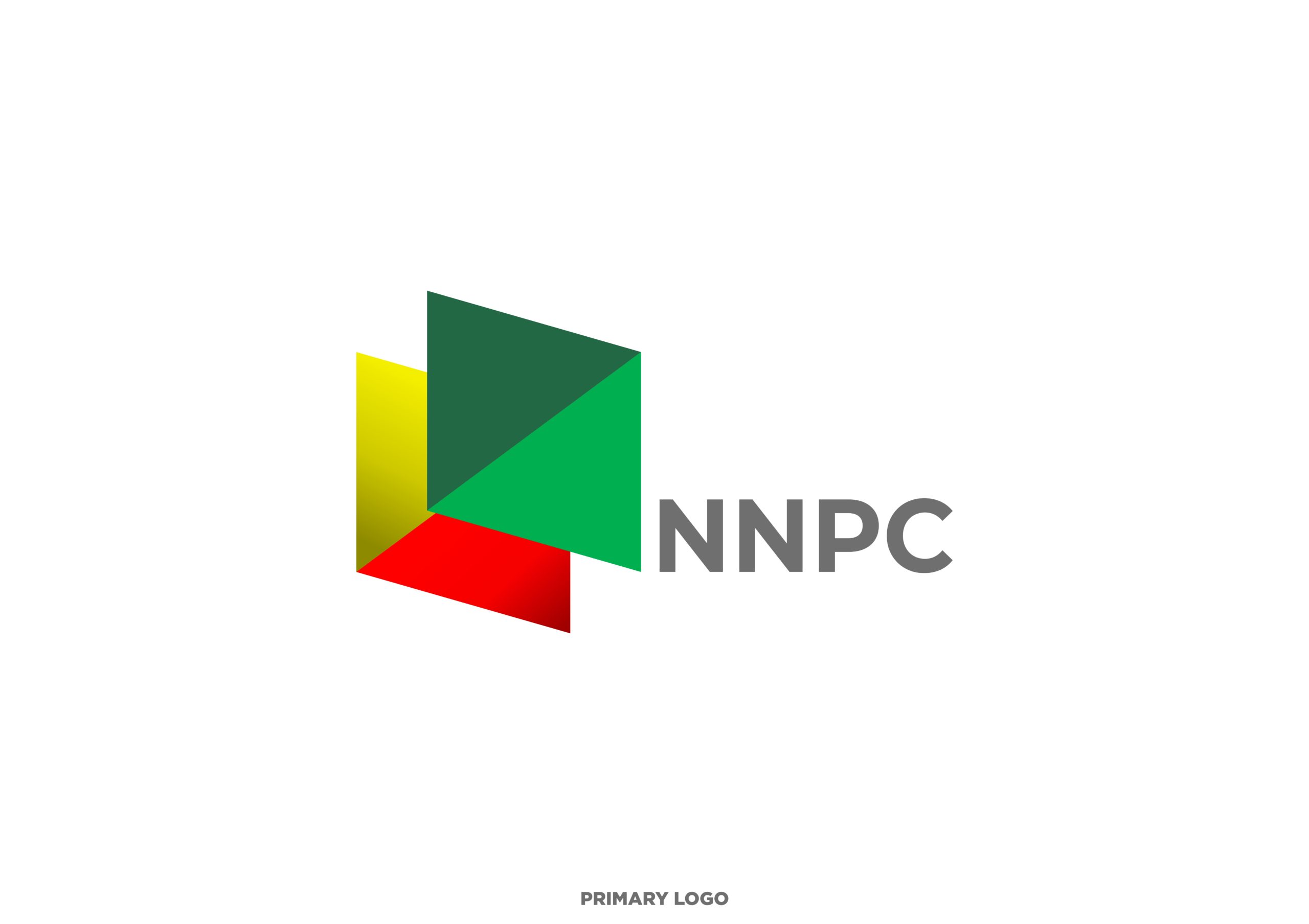
Keen on optimising production from the nation’s hydrocarbon assets to boost revenues and meet her OPEC production quota, the Nigerian National Petroleum Company Limited (NNPC Ltd.) and its Joint Venture partner in the Awoba Unit Field, Newcross Exploration and Production Ltd., have restarted production from the Awoba field which last contributed production to the Bonny Terminal in 2021 and was finally shut down in February 2022 due to evacuation issues and crude oil theft.
This was contained in a statement put out on the state oil company’s X handle on Tuesday from Abuja, under the signature of its Chief Corporate Communications Officer, Olufemi O. Soneye.
He asserted that since the restart of the Awoba field by NNPC Ltd and it partners on April 13, 2024; production from the field has averaged 8,000 barrels per day and is expected to plateau at 12,000 per day at full ramp up within 30 days.
Awoba is also expected to significantly boost gas supply to the power sector and other gas-based industries, Soneye added.
Biztellers reports that the Awoba Unit which straddles OMLs 18 and 24 is located in the mangrove swamp south of Port Harcourt, Rivers State. Both OML 18 and OML 24 assets are under the management of the NNPC Upstream Investment Management Services (NUIMS).
Recall that the NNPC Ltd. has been recording a string of production successes from the JV portfolio which have significantly lifted overall national production. Besides the recent start of production at the Madu Field by the NNPC Ltd/First E&P JV, the company has achieved the restart of production at OMLs 29 and OML 18 in late 2023 which have steadily contributed an average of 60,000bpd to the nation’s production output since their restart.
The Group Chief Executive Officer of NNPC Ltd., Mallam Mele Kyari, ascribed the achievement to the President Bola Ahmed Tinubu administration’s success in providing enabling operating environment for businesses to thrive.
He expressed appreciation to all stakeholders (staff, operators, host communities, government security agencies, and private security contractors) who played a pivotal role in achieving the feat.
Energy
NNPC Ltd, First E&P Achieve 20,000bpd Production At OML 85
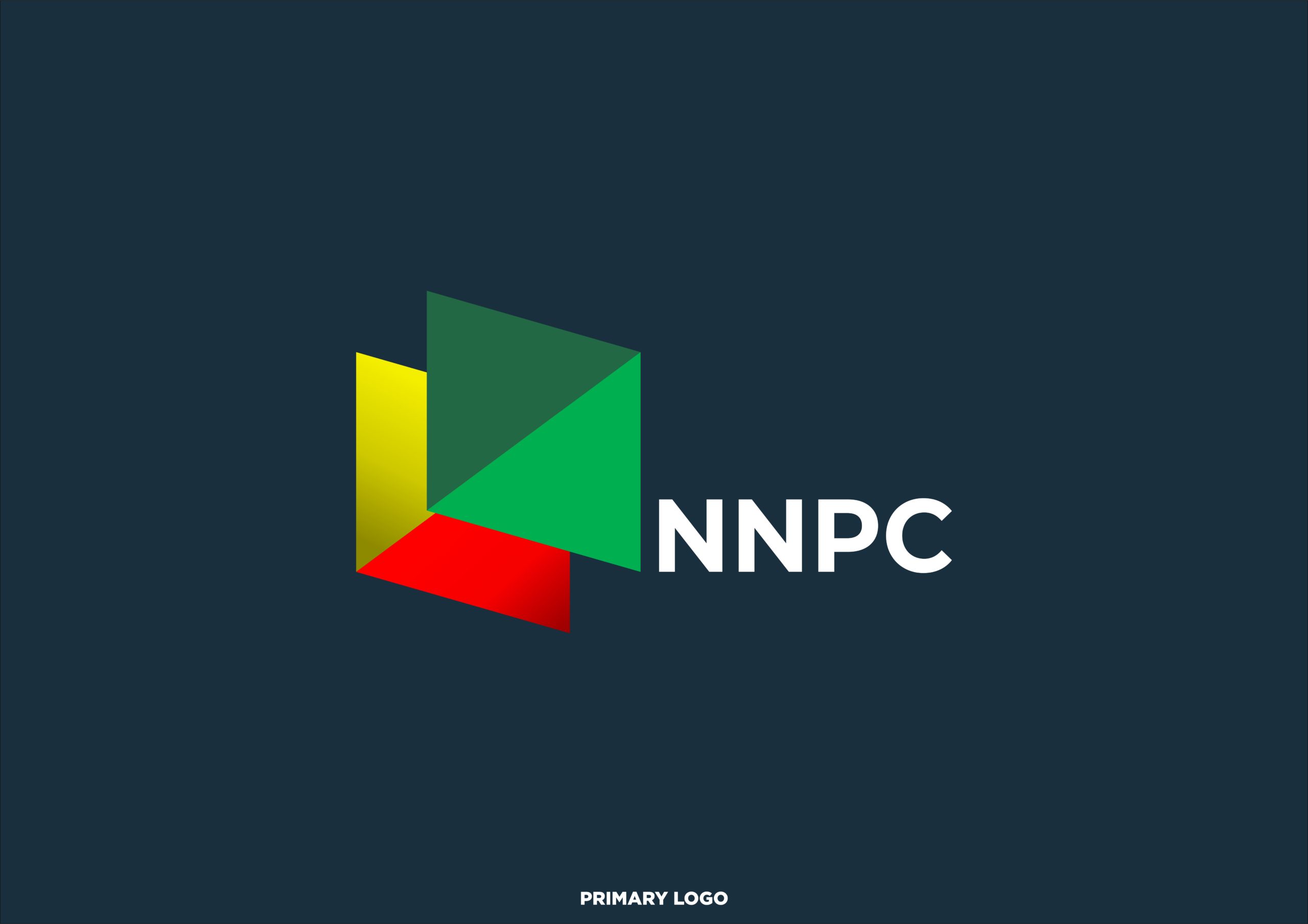
The Nigerian National Petroleum Company Limited (NNPC Ltd) and its Joint Venture partner in OML 85, First Exploration and Petroleum Development Company Limited (First E&P), have commenced oil production from the asset also known as Madu Field.
Biztellers reports that production from the field which is located in shallow waters offshore Bayelsa State and operated by First E&P is expected to be at an average of 20,000 barrels per day.
The achievement is a testament to the commitment of the President Bola Tinubu administration to optimise production from the nation’s oil and gas assets through the provision of enabling environment for existing and prospective investors.
According to the Group Chief Executive Officer of NNPC Ltd, Mele Kyari, the commencement of oil production at the Madu Field is a significant milestone that will contribute to the larger goal of meeting the production required to drive revenue growth and boost the nation’s economy.
He commended stakeholders for their support, and opined that the addition of 20,000 barrels per day by an indigenous oil player signals the commitment of stakeholders to achieving economic development for Nigeria.
Recall that the Final Investment Decision (FID) on the development of the Madu Field and a sister field, Anyala, was taken by the NNPC Ltd/First E&P JV in 2018.
Production from the Madu Field will be processed at the JV’s Abigail-Joseph Floating Production Storage and Offloading (FPSO) Unit, which has a crude oil storage capacity of up to 800,000bbls.






